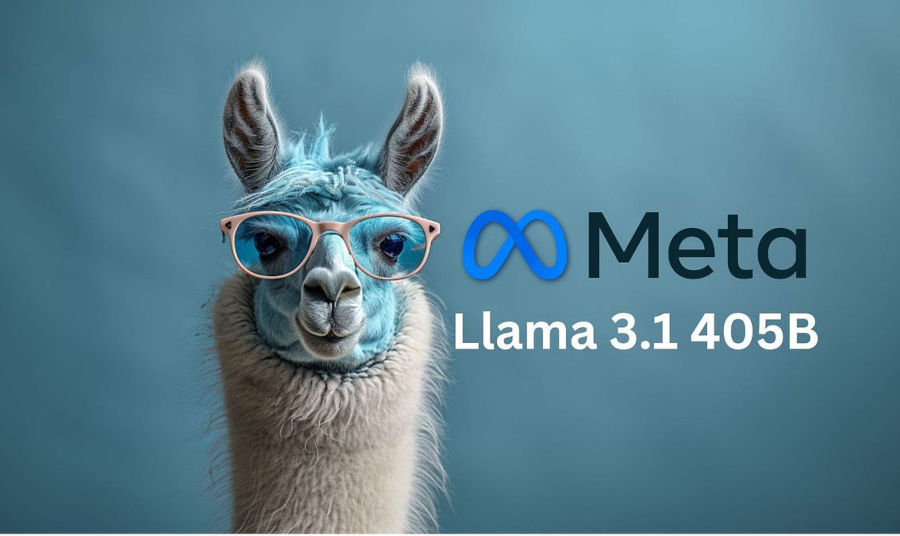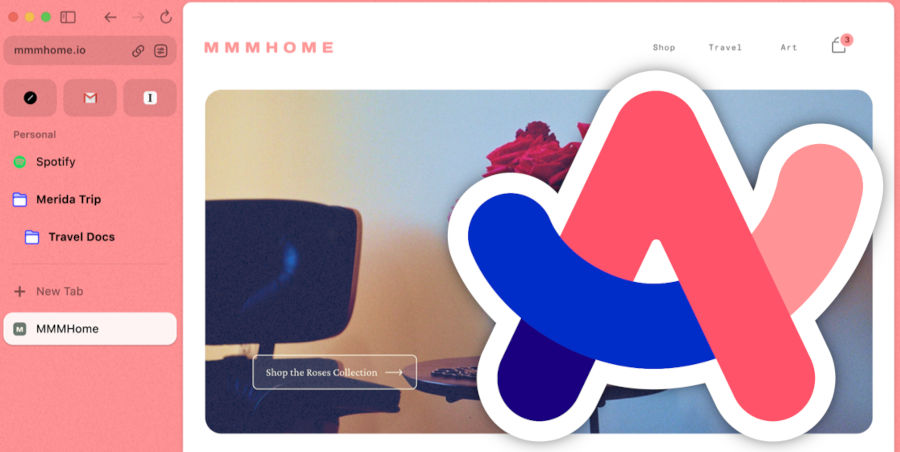
Google Settles Billion-Dollar Lawsuit Over Incognito Mode Data Collection Allegations
A Look Into the Legal Battle and Implications for Online Privacy
NEWS Google December 28, 2023 Reading time: 2 Minute(s)
In 2020, Google found itself entangled in a billion-dollar lawsuit, accused of surreptitiously collecting user data during Incognito mode browsing sessions. The lawsuit, spearheaded by U.S. residents William Byatt, Chasom Brown, and Maria Nguyen, alleged that Google's actions violated wiretap laws, sparking a protracted legal battle.
The case unfolded in the U.S. court in the Northern District of California, with Google vehemently defending its position to avoid a staggering $5 billion payout. One notable defense in 2021 involved Google's attempt to clarify that users were informed about potential visibility of their browsing data to visited websites while in Incognito mode. Fast forward to August 2023, Judge Yvonne Gonzalez Rogers decided to continue the lawsuit, citing Google's failure to explicitly clarify whether data would be collected when users switched to Incognito mode. The absence of Incognito mode in Google's privacy policy further fueled the legal fire.
The filing highlighted this discrepancy, stating:
"Notably, Incognito mode is not mentioned in this list of services. Rather, Google shifts and in the next paragraph advises users [...] The Privacy Policy is silent as to any data collection specific to private browsing mode.”
Recent developments, as reported by Ars Technica on December 26, 2023, suggest that Google has opted for a settlement in the ongoing legal saga. The official filing indicates that the involved parties are actively working on a final agreement to resolve the legal dispute. A 30-day window has been provided for the execution of the agreement, followed by an additional 30 days for its presentation to the court.
The latest filing from the parties emphasizes:
"To avoid any unnecessary waste of judicial resources and to allow the Parties to focus their efforts entirely on finalizing the settlement, the Parties jointly and respectfully request that the Court stay this litigation in its entirety and vacate the trial date. The Parties thank the Court for its attention to this matter."
As we await the final verdict, it is anticipated that the court's decision will be reached around February 2024. This settlement could have far-reaching implications for online privacy standards and may prompt tech giants to reassess their transparency in communicating data collection practices, particularly in features like private browsing modes. In a digital landscape where user privacy is increasingly under scrutiny, this lawsuit - together with the several fines and legal consequences faced by Google and other tech companies in the European Union - serves as a pivotal moment in shaping the boundaries and responsibilities of tech companies when it comes to safeguarding user data. User data represents the biggest slice of the pie when it comes to earnings, and currently big companies like Google still prefer to collect it, even - and above all - illegally, because settlements and fines are still more economically cheaper than acting legally.
COVER IMAGE BY FREEPIK / REVIEW SPACE
Google Lawsuit Incognito Mode User Data Privacy Legal Proceedings Online Privacy Technology News Data Collection RSMax
*Our pages may contain affiliate links. If you buy something via one of our affiliate links, Review Space may earn a commission. Thanks for your support!
CATEGORIES

























COMMENTS